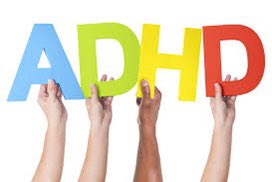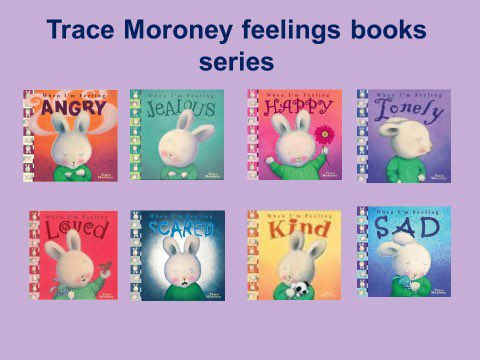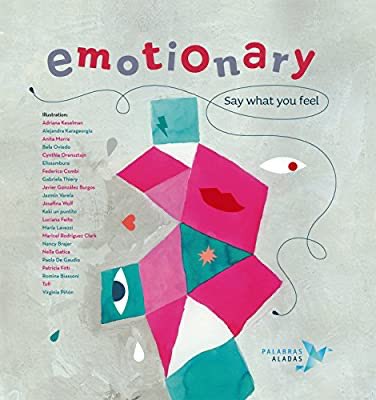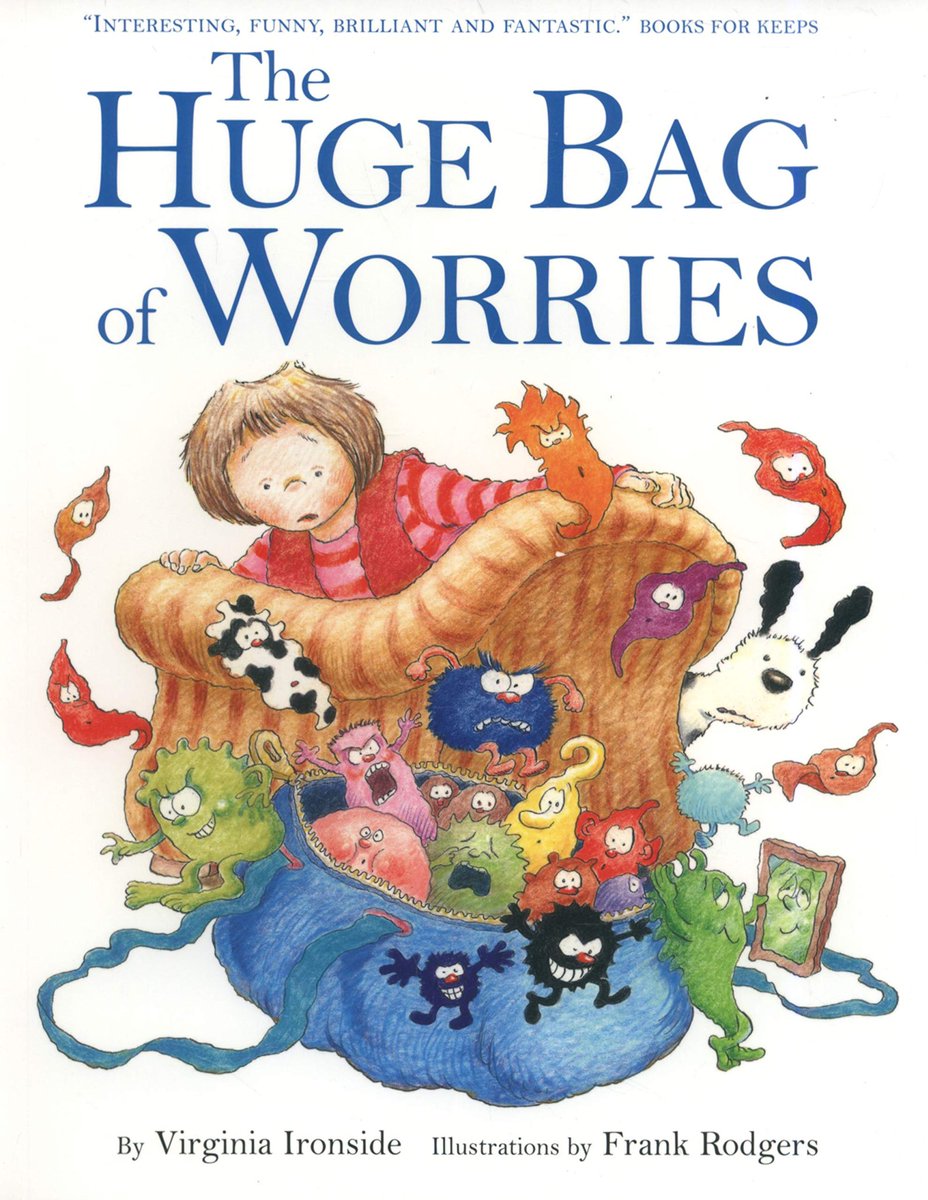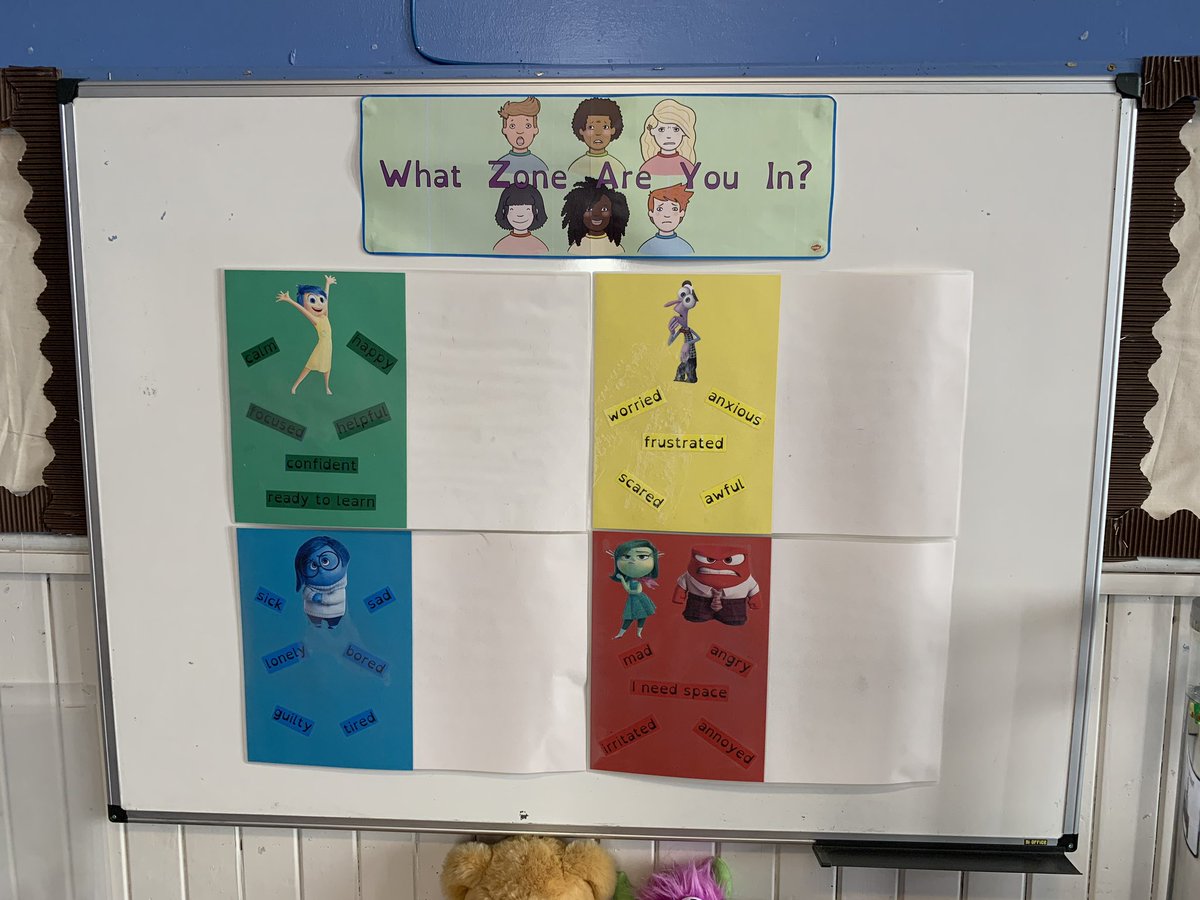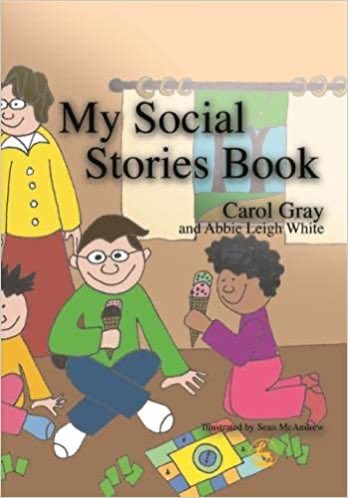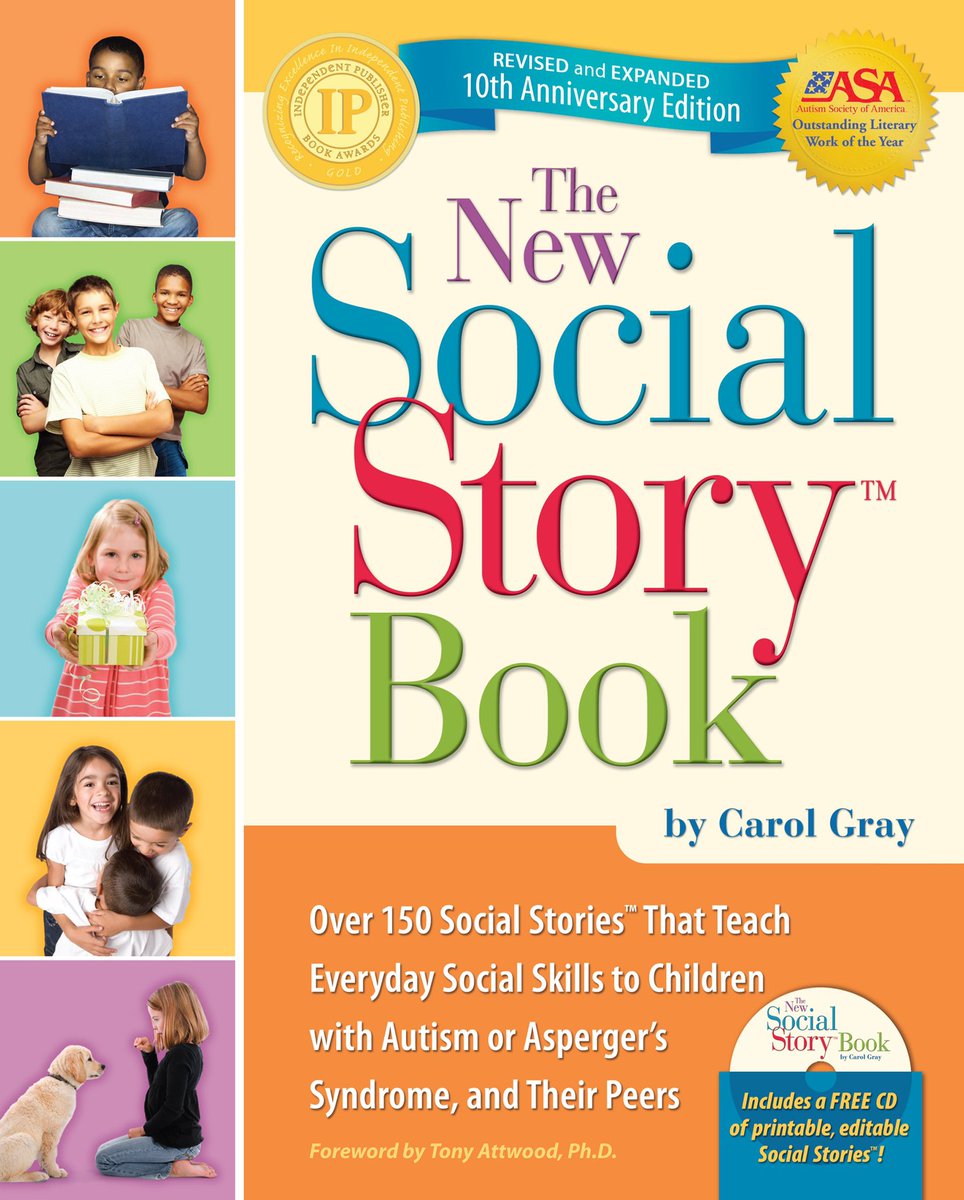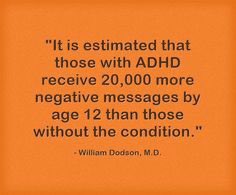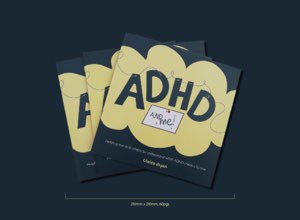Thread: reasonable adjustments to support ADHD children in primary school.
The Edinburgh ADHD parent group asked me to describe some of the reasonable adjustments that an ADHD child could access in primary school.
May interest teachers, parents & carers of ADHD children.
The Edinburgh ADHD parent group asked me to describe some of the reasonable adjustments that an ADHD child could access in primary school.
May interest teachers, parents & carers of ADHD children.
In the UK, ADHD is a #disability as defined by the Equalities Act 2010. https://www.gov.uk/definition-of-disability-under-equality-act-2010
That is not open for debate. It is a fact.
Children with ADHD are entitled to reasonable adjustments but many people don’t know what that means. This thread should help.
That is not open for debate. It is a fact.
Children with ADHD are entitled to reasonable adjustments but many people don’t know what that means. This thread should help.
Remember, every child with ADHD is different.
Adjustments should be personal to the child.
Their ‘need’ to access adjustments may fluctuate for a variety of factors.
So even if they haven’t used an adjustment for a while, don’t take it away as they may need it in the future.
Adjustments should be personal to the child.
Their ‘need’ to access adjustments may fluctuate for a variety of factors.
So even if they haven’t used an adjustment for a while, don’t take it away as they may need it in the future.
1. High quality staff training is an investment in both staff and child wellbeing.
There are many stigmas & misconceptions about ADHD that impact support in school.
The @ADHDFoundation has an excellent school training programme & online resources https://www.adhdfoundation.org.uk
There are many stigmas & misconceptions about ADHD that impact support in school.
The @ADHDFoundation has an excellent school training programme & online resources https://www.adhdfoundation.org.uk
2.1. A pupil profile or strategy sheet.
Complete a profile with input from the child, parents & school staff detailing any adjustments & support needs.
Keep this in the classroom but do not display it on a wall. The child is entitled to privacy #GDPR
Complete a profile with input from the child, parents & school staff detailing any adjustments & support needs.
Keep this in the classroom but do not display it on a wall. The child is entitled to privacy #GDPR
2.2. I like the One Page Profiles from SheffKids & the children like choosing their own design http://www.sheffkids.co.uk/adultssite/pages/onepageprofilestemplates.html
I usually add a page to the back for teacher & parent comments or I add a sheet with targets to make a Pupil Friendly IEP
I usually add a page to the back for teacher & parent comments or I add a sheet with targets to make a Pupil Friendly IEP
3.1. Visual timetables help keep children on track & organised.
As well as a whole class visual time table, ADHD (& Autistic) children benefit from having their own visual timetable on their desk.
This should follow the class visual timetable but might have extra symbols.
As well as a whole class visual time table, ADHD (& Autistic) children benefit from having their own visual timetable on their desk.
This should follow the class visual timetable but might have extra symbols.
3.2. I use the visual timetable symbols from @NAITScotland
You can find symbols for home & school, as well as advice sheets on how to use them here
https://www.thirdspace.scot/nait/education-resources/
**I highly recommend reading the guidance notes**
You can find symbols for home & school, as well as advice sheets on how to use them here
https://www.thirdspace.scot/nait/education-resources/
**I highly recommend reading the guidance notes**
4.1. Emotional Literacy & Regulation
This is important for all children, so it can be a class activity.
Stories help the children to learn & name different emotion words. Follow up activities help with Regulation strategies.
I like these books
This is important for all children, so it can be a class activity.
Stories help the children to learn & name different emotion words. Follow up activities help with Regulation strategies.
I like these books
4.2. A good Emotional Literacy & Regulation programme is essential.
I like @ZonesOfReg or
Building Resilience https://www.edinburgh.gov.uk/learning-publications/building-resilience/1
by @GCWellbeing
I link my class emotional check in to Zones of Reg & children can move their picture throughout the day if they need to.
I like @ZonesOfReg or
Building Resilience https://www.edinburgh.gov.uk/learning-publications/building-resilience/1
by @GCWellbeing
I link my class emotional check in to Zones of Reg & children can move their picture throughout the day if they need to.
5.1. ADHD children may benefit from Social Stories to help them understand a social situation.
Social stories often have pictures or visual symbols.
They explain social expectations e.g. ‘everyone gets a turn to answer questions’ or ‘why we don’t bite people’
Social stories often have pictures or visual symbols.
They explain social expectations e.g. ‘everyone gets a turn to answer questions’ or ‘why we don’t bite people’
5.2. There are lots of social story templates online
BUT
Many online templates are written to control behaviour or they use inappropriate emotional language e.g. “If you do X then you will make people happy”
SALT can help with Social Story language & you can buy the book (pic)
BUT
Many online templates are written to control behaviour or they use inappropriate emotional language e.g. “If you do X then you will make people happy”
SALT can help with Social Story language & you can buy the book (pic)
6. “Time blindness” is an issue, so they may struggle to process the passing of time.
If you say there is 10 minutes left, they might not be able to judge how much has passed well.
Timers help with this, digital or sand.
Show them how to use them , don’t assume they know.
If you say there is 10 minutes left, they might not be able to judge how much has passed well.
Timers help with this, digital or sand.
Show them how to use them , don’t assume they know.
7. Working memory
Visual prompts, key vocab mats & worked examples on visuals will help the children to remember key parts of the lesson input when they go to work independently.
Breaking down instructions to 2 or 3 steps & giving them a visual prompt helps too.
Visual prompts, key vocab mats & worked examples on visuals will help the children to remember key parts of the lesson input when they go to work independently.
Breaking down instructions to 2 or 3 steps & giving them a visual prompt helps too.
8. Organisation
Tray tidy time every week so that items are not lost.
Items they need to work kept in the same accessible place.
Letters for home put bags immediately.
Writing frames & graphic organisers also help to organise & structure work.
Model good organisation.
Tray tidy time every week so that items are not lost.
Items they need to work kept in the same accessible place.
Letters for home put bags immediately.
Writing frames & graphic organisers also help to organise & structure work.
Model good organisation.
9. Cooling down
Have a safe place for the child to cool down if they feel distressed or overwhelmed.
This should be in the class as sending the child out frequently impacts on their self esteem.
There are tips in this advice sheet from @NAITScotland
https://www.thirdspace.scot//wp-content/uploads/2019/09/NAIT-Safe-Space-Guidance-for-schools.pdf
Have a safe place for the child to cool down if they feel distressed or overwhelmed.
This should be in the class as sending the child out frequently impacts on their self esteem.
There are tips in this advice sheet from @NAITScotland
https://www.thirdspace.scot//wp-content/uploads/2019/09/NAIT-Safe-Space-Guidance-for-schools.pdf
10. Movement breaks
The ADHD brain becomes overwhelmed with multiple trains of thought.
A short movement break can help refocus the mind by giving it time to clear thoughts.
I am planning class jobs for movement breaks as movement around school may be restricted post Covid.
The ADHD brain becomes overwhelmed with multiple trains of thought.
A short movement break can help refocus the mind by giving it time to clear thoughts.
I am planning class jobs for movement breaks as movement around school may be restricted post Covid.
11. Think inclusively about challenge.
ADHD children are often excluded from activities due to “behaviour” e.g. sit out of assembly because they distract others.
Find a way to include them e.g. sit near the door so they can go for a movement break or sit on a bench/chair.
ADHD children are often excluded from activities due to “behaviour” e.g. sit out of assembly because they distract others.
Find a way to include them e.g. sit near the door so they can go for a movement break or sit on a bench/chair.
12. ADHD children experience a lot of negativity (see pic).
Find positive & discreet ways of reminding them to keep on track.
E.g. if they call out a lot, thank them & say someone else will answer next.
Give them a smile or a nod instead of calling out their name.
Find positive & discreet ways of reminding them to keep on track.
E.g. if they call out a lot, thank them & say someone else will answer next.
Give them a smile or a nod instead of calling out their name.
13. Brain Dumping
The ADHD mind is like a bubble gun of ideas going off all the time.
We are inspired by everything & have lots of thoughts we want to share.
A brain dump note book to write down thoughts helps us get them out & refocus.
The ADHD mind is like a bubble gun of ideas going off all the time.
We are inspired by everything & have lots of thoughts we want to share.
A brain dump note book to write down thoughts helps us get them out & refocus.
14. Other
Alternative seating can help children who need a lot of physical movement work comfortably.
I prefer blutac or Theraputty as a fidget. The children & I have experimented with lots of the toys & blutac works just as well.
Some children like a wobble cushion to sit on
Alternative seating can help children who need a lot of physical movement work comfortably.
I prefer blutac or Theraputty as a fidget. The children & I have experimented with lots of the toys & blutac works just as well.
Some children like a wobble cushion to sit on
15. Planning
The Circle Document is an excellent planning tool that I always use.
There is a section to help plan for an inclusive classroom.
You can also complete a checklist for specific children which then links to recommended strategies https://www.thirdspace.scot/circle/education-resources/
The Circle Document is an excellent planning tool that I always use.
There is a section to help plan for an inclusive classroom.
You can also complete a checklist for specific children which then links to recommended strategies https://www.thirdspace.scot/circle/education-resources/
16. Self-awareness
When we learn more about ADHD, what it is & how it affects us, we have a better understanding of our support needs.
This book ‘ADHD & Me’ by @chatterpack can help children learn more about how ADHD affects them & their support needs
When we learn more about ADHD, what it is & how it affects us, we have a better understanding of our support needs.
This book ‘ADHD & Me’ by @chatterpack can help children learn more about how ADHD affects them & their support needs
These are just general adjustments that can make the school experience much more inclusive for ADHD children
There are loads more, but Twitter has a post limit!
Remember, ADHD is a disability under U.K. Equalities legislation, so children are entitled to reasonable adjustments
There are loads more, but Twitter has a post limit!
Remember, ADHD is a disability under U.K. Equalities legislation, so children are entitled to reasonable adjustments
I hope this has been useful & has clarified what reasonable adjustments can work for ADHD & why ADHD children have that right
Please chip in and add more reasonable adjustments strategies for ADHD.
I have reached my post limit, so hopefully more ideas will come from others
Please chip in and add more reasonable adjustments strategies for ADHD.
I have reached my post limit, so hopefully more ideas will come from others


 Read on Twitter
Read on Twitter